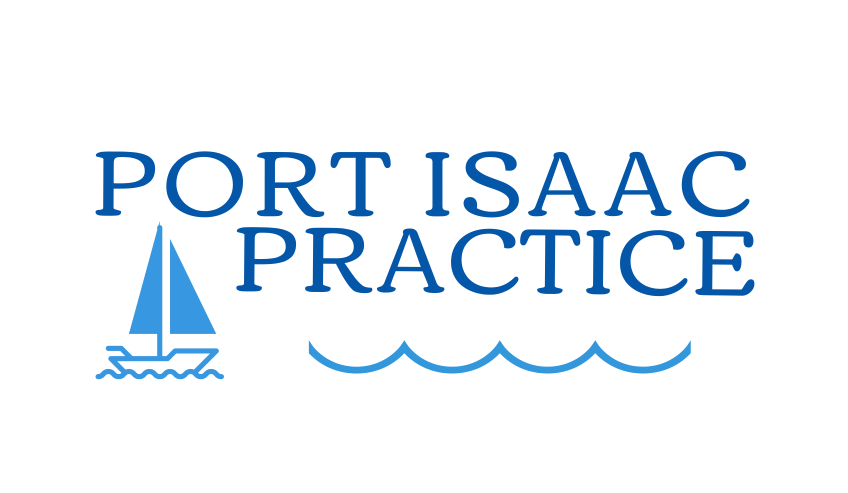With the arrival of the school holidays, NHS Cornwall and Isles of Scilly has launched its summer health campaign, which has helpful advice for both visitors and locals.
Cornwall and the Scillies’ natural beauty is perfect for days out exploring. So first of all, remember you should always protect skin from damage by the sun. Thanks to our coastline and climate, rates of skin cancers are higher here at almost three quarters of the rate in Australia.
Wear a hat and sunglasses, and use sun cream with a high SPF and broad protection for UVA and UVB. Just like with your scones, always remember that when in Cornwall it’s ‘cream on top’!
Dr Chris Reid is the county’s chief medical officer and knows first-hand the harm the sun’s rays can cause. He says “I used to spend a lot of time at the beach and on the water windsurfing. Recently I had to have a skin cancer removed from my ear. Protect your skin and cover up. Prevention is by far the best option.”
NHS Cornwall has released a short video to coincide with the holidays. Filmed at some popular landmarks and beauty spots, it will help people to choose the right service if they need care this summer, whether here on holiday or living year-round.
For many health hiccups, self-care is the most fuss-free. A well-stocked first aid kit or medicine cabinet can help you avoid a trip to the pharmacy, GP surgery or minor injury unit. Useful items include paracetamol and aspirin, antiseptic cream, antihistamines, aftersun and re hydration remedies.
If you think you need medical help, we want you to know ‘Where is best’ by following these 6 steps:
1 Visit your local pharmacy for help with allergies, insect bites and stings, and emergency contraception.
Pharmacies across Cornwall and the Isles of Scilly can help with a wide range of minor ailments. Most are also signed up to deliver the Pharmacy First service, which means they can provide antibiotics if needed for treating some conditions such as infected insect bites and water infections (UTIs).
Did you know? Pharmacists can also provide an emergency supply of most prescription medicines when your GP surgery is closed, even if you’re on holiday. Find your nearest open pharmacy.
2 If you are visiting Cornwall and you need a GP, please contact your own surgery back home. They are used to helping by phone, video and email.
If you need a prescription, your surgery can send it to any pharmacy you choose, for you to collect close to where you’re staying. Find advice on GP services.
3 Minor injury units can help with things like broken bones and cuts that need stitches, but your nearest might not be the quickest. Check live opening and waiting times.
4 If you need urgent care advice, visit NHS 111 online or call 111. You will be directed to the best service for your needs.
5 If you’re worried about your own or someone else’s mental health, Cornwall’s 24/7 mental health helpline can help. Call free on 0800 038 5300. Find more mental health support services.
6 Our emergency department is only for life- or limb-threatening emergencies, please. In a medical emergency such as chest pain or trouble breathing, stroke, loss of consciousness, or major blood loss, do call 999 or go straight to the hospital.
Visit the Help us help you page or follow NHS Cornwall on Facebook for news, updates and advice.
